Wormwood Seeds
Wormwood, a perennial herb belonging to the Asteraceae family, is known for its distinctive aroma, silvery-green foliage, and various medicinal properties. The plant, scientifically known as Artemisia absinthium, is native to Europe, Asia, and North Africa. It is particularly famous for its use in the making of absinthe, a popular alcoholic beverage. Wormwood seeds are easily available for purchase and can be used to grow this unique plant in your own garden.
History and Traditional Uses
Wormwood has been valued for centuries due to its numerous applications. Historically, wormwood was utilized in ancient Egyptian, Greek, and Roman cultures for its medicinal properties. The famous Greek physician Hippocrates recommended wormwood for treating menstrual pain, anemia, and rheumatism. In the Middle Ages, wormwood was believed to counteract poisoning and even to ward off evil spirits.
Cultivation and Growth
Growing wormwood from wormwood seeds is relatively straightforward. The plant thrives in well-drained, sandy, and slightly alkaline soil. It prefers full sunlight but can also tolerate partial shade. To plant wormwood seeds, sow them directly into the ground in early spring or start them indoors 6-8 weeks before the last frost.
- Prepare the soil by loosening it and adding compost if needed.
- Sow wormwood seeds shallowly, about 1/8 inch deep.
- Space seeds or seedlings 12-18 inches apart.
- Keep the soil evenly moist until the seeds germinate, which typically takes 14-21 days.
- Once established, wormwood requires minimal care, as it is drought-tolerant and relatively pest-free.
For information on growing wormwood, please read our article here: How to Grow Wormwood & Companion Planting.
Medicinal Benefits
Wormwood contains several active compounds, such as absinthin and artabsin, which contribute to its bitterness and therapeutic properties. Some potential medicinal benefits of wormwood include:
- Antiparasitic action: Wormwood has been used traditionally to expel intestinal parasites like pinworms and roundworms.
- Digestive aid: The bitter compounds in wormwood stimulate the production of digestive enzymes, improving digestion and appetite.
- Antimicrobial properties: Wormwood has demonstrated antimicrobial activity against a variety of bacteria and fungi.
- Anti-inflammatory effects: Wormwood may help alleviate inflammation, which could be beneficial for individuals with conditions such as arthritis or gastrointestinal issues.
Culinary and Other Uses
In addition to its medicinal applications, wormwood has several other uses. Its most famous role is as a key ingredient in absinthe, a once-banned alcoholic beverage. Wormwood is also used to flavor other spirits, such as vermouth and some bitters. In culinary applications, wormwood can be used sparingly as a bittering agent in dishes and is occasionally added to herbal teas. The plant’s strong aroma makes it a suitable addition to potpourri or as an insect repellent in the garden.
Safety and Precautions
While wormwood has a long history of medicinal use, it is essential to exercise caution, as excessive consumption can be toxic. Pregnant or breastfeeding women and those with kidney or liver problems should avoid using wormwood. Always consult a healthcare professional before using wormwood or any other herbal supplements, especially if you are taking medications or have pre-existing health conditions.
In conclusion, wormwood is a versatile plant with a rich history of traditional use. Growing wormwood from wormwood seeds can be a rewarding experience for gardeners, and the plant offers potential medicinal, culinary, and aromatic applications. However, be sure to use wormwood responsibly and consult a healthcare professional if you plan to use it for medicinal purposes.

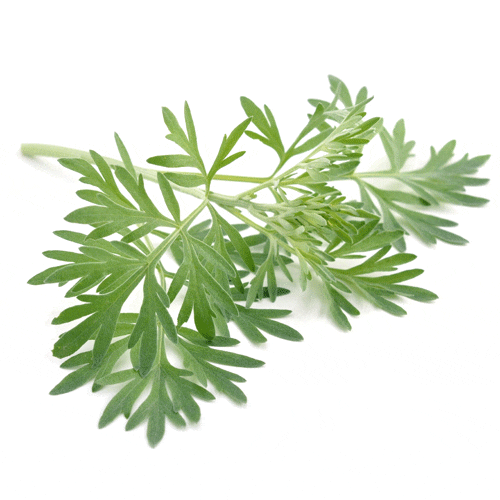
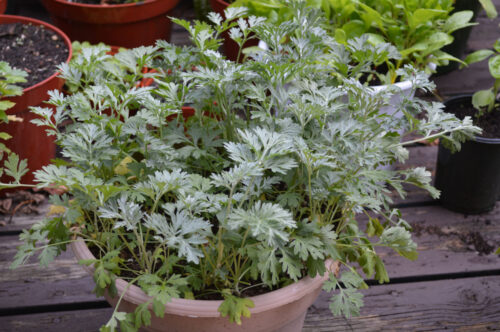
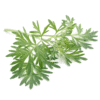
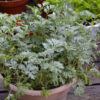
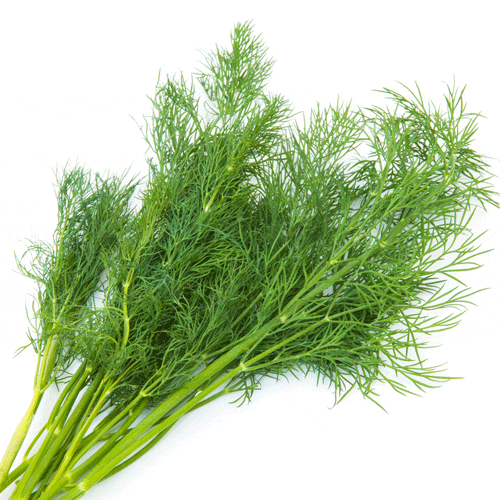
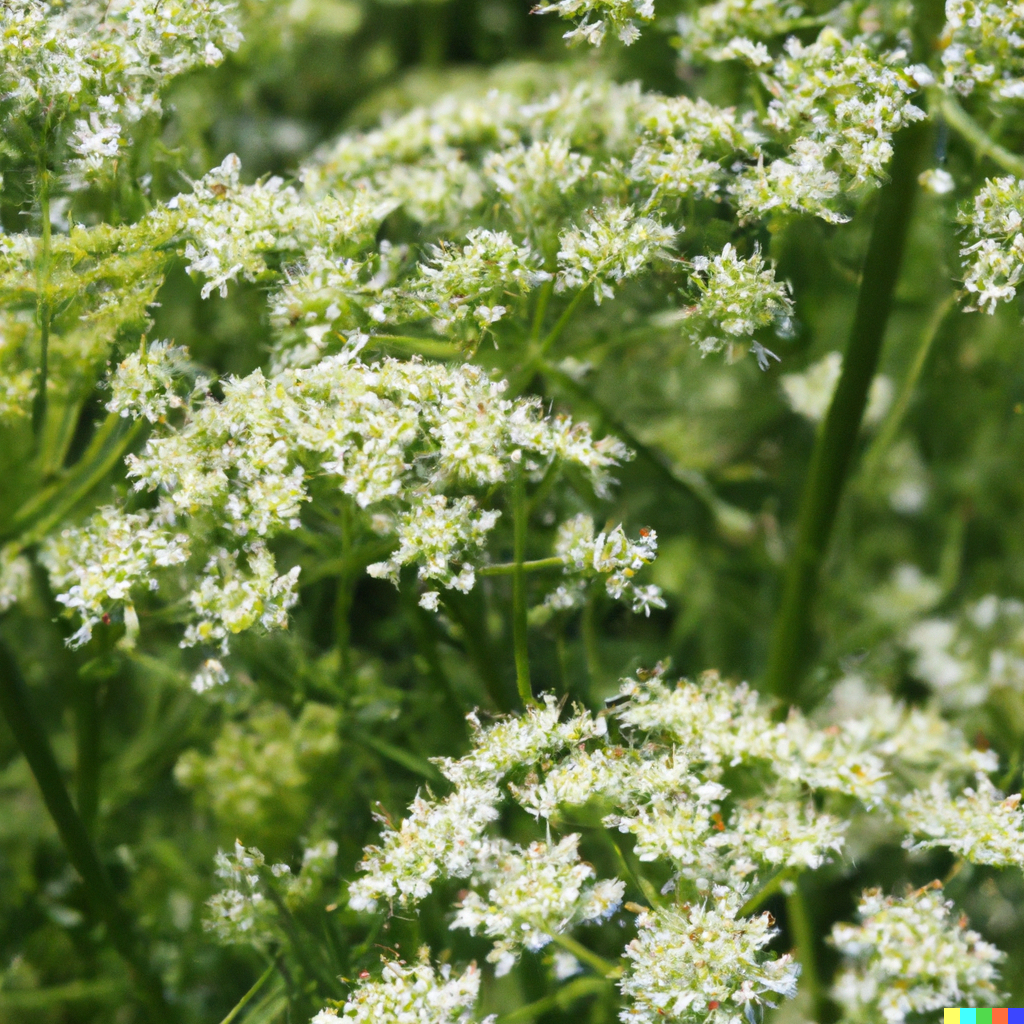
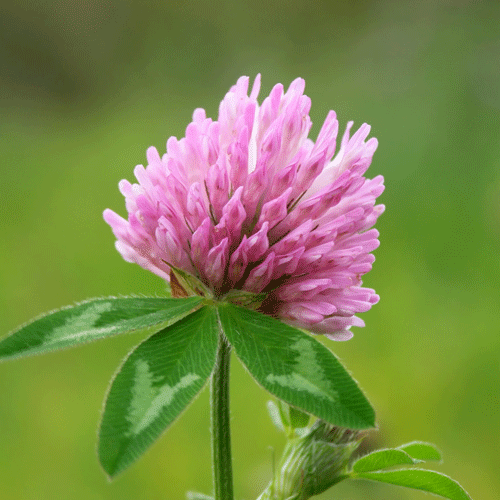
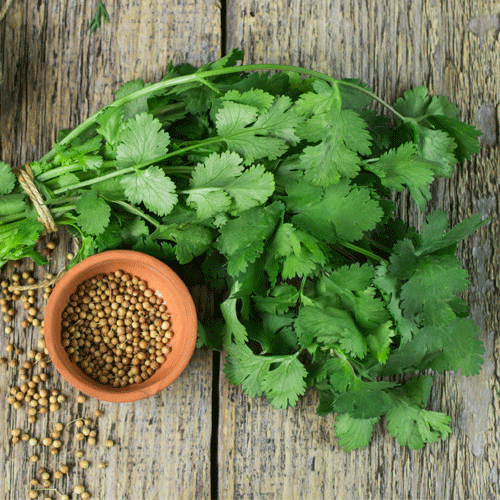
Reviews
There are no reviews yet.